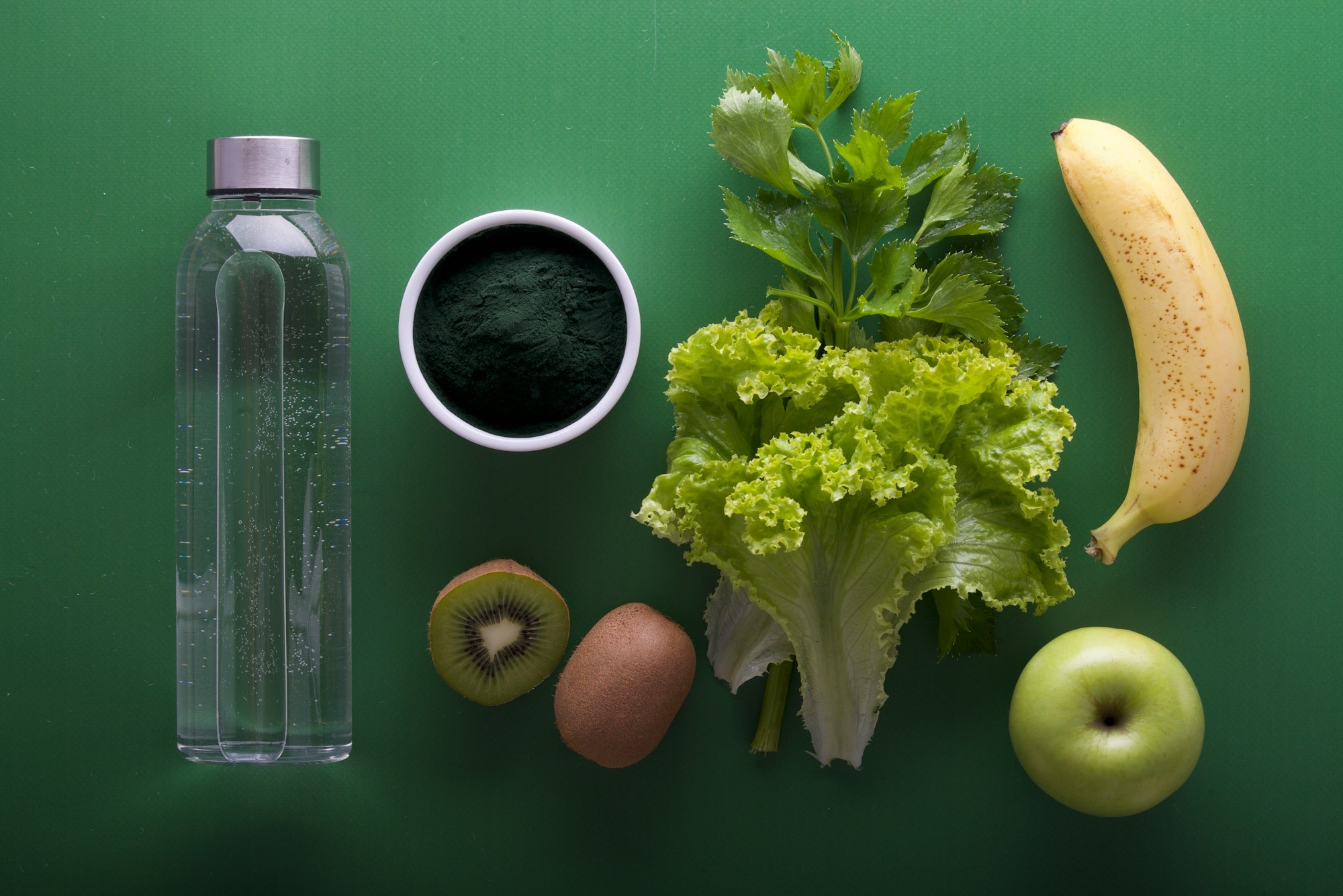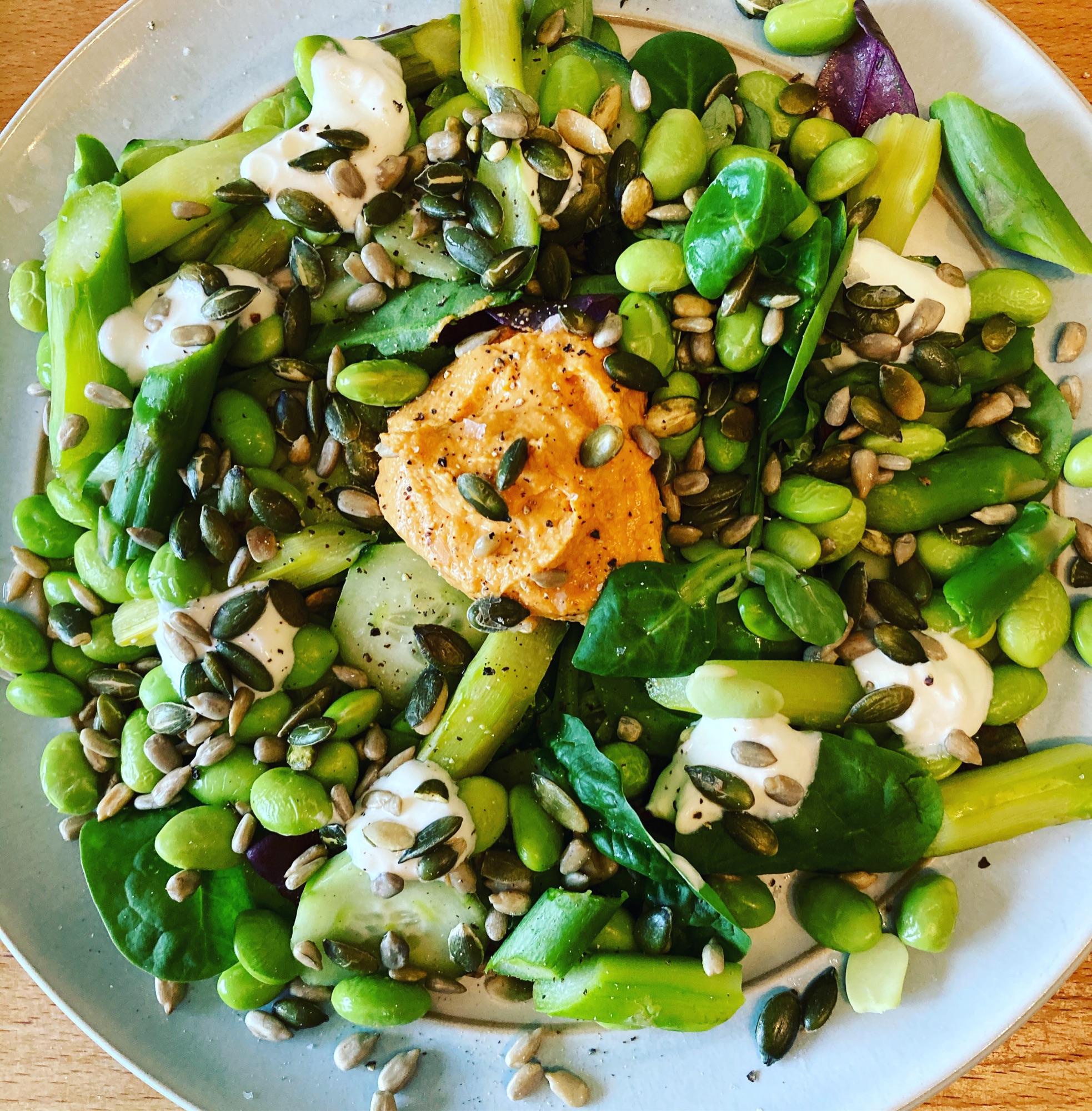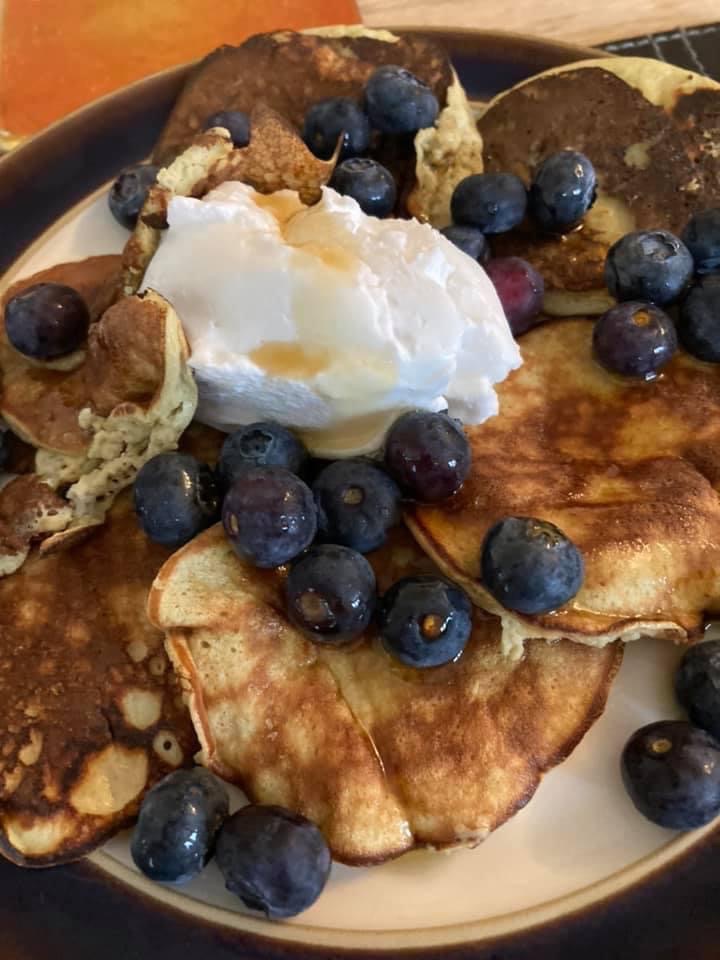Understanding The Role Of The Microbiome

Our gut is amazing! Our body relies on the gut microbiome to break down and ferment dietary fibres and other indigestible compounds that it cannot process on its own. This process is crucial as it helps produce beneficial byproducts, including short-chain fatty acids, that are essential for maintaining good gut health. Moreover, these microbes also help in the absorption of vital vitamins and minerals, ensuring that we get the most out of our food.
Did you know that our gut microbiome also plays a crucial role in regulating and educating our immune system? Maintaining a diverse and balanced gut microbiota can promote a healthy immune system, reducing the chances of developing allergies, autoimmune disorders, and other immune-related illnesses.
The connection between mental health and brain function is strongly influenced by the gut-brain axis. The gut microbiome produces essential neurotransmitters like serotonin and dopamine, which regulate mood and emotions. Additionally, it creates other neuroactive compounds that impact brain function. If the gut microbiota is disrupted, it can lead to mental health disorders such as depression, anxiety, and even neurodegenerative conditions like Alzheimer’s disease.
Recent studies indicate that the gut microbiome plays a crucial role in weight management and metabolism. Some bacteria in the gut can extract more calories from the food we consume, resulting in weight gain, while others can regulate appetite and aid in weight loss. An imbalanced gut microbiota, typically associated with a Western diet that is high in processed foods, is a contributing factor to obesity and metabolic disorders.
A healthy gut microbiome is essential in maintaining a strong intestinal barrier that prevents harmful substances and pathogens from entering. It also produces antimicrobial compounds and competes with potential pathogens, which effectively reduces the risk of infections.

For optimal health and vitality, it's important to maintain a healthy gut microbiome. Here are some general guidelines to follow:
- Incorporate a diverse range of plant-based foods into your diet, including fruits, vegetables, whole grains, legumes, and nuts. These foods provide essential nutrients and fibre that support the growth of beneficial gut bacteria.
- Limit your consumption of processed foods, added sugars, and artificial sweeteners, as they can harm your gut microbiome.
- Include probiotic-rich foods like yoghurt, kefir, sauerkraut, kimchi, and other fermented foods in your diet. These foods can introduce beneficial bacteria into your gut.
- Eat prebiotic foods like onions, garlic, asparagus, artichokes, and bananas. These foods serve as fuel for the growth of beneficial gut bacteria.
- Only take antibiotics when prescribed by a healthcare professional, as unnecessary use can disrupt the balance of the gut microbiome.
- Manage your stress levels through practices like exercise, meditation, and getting enough sleep. Stress can impact the gut-brain axis and gut health.

Here is an easy recipe for a gut-friendly breakfast or snack at any time of the day. These pancakes are grain- and sugar-free and packed with protein and fibre.
Gut-Friendly Banana Pancakes.
Ingredients
- 1 ripe banana,
- 2 eggs,
- 1 tablespoon chia seeds,
- 1 tablespoon Ground almonds
Method
- Blitz the ingredients together,
- Lightly oil a nonstick pan and drop the batter into blobs.
- Turn when they begin to set.
- Enjoy topped with live greek yoghurt and berries
Comments